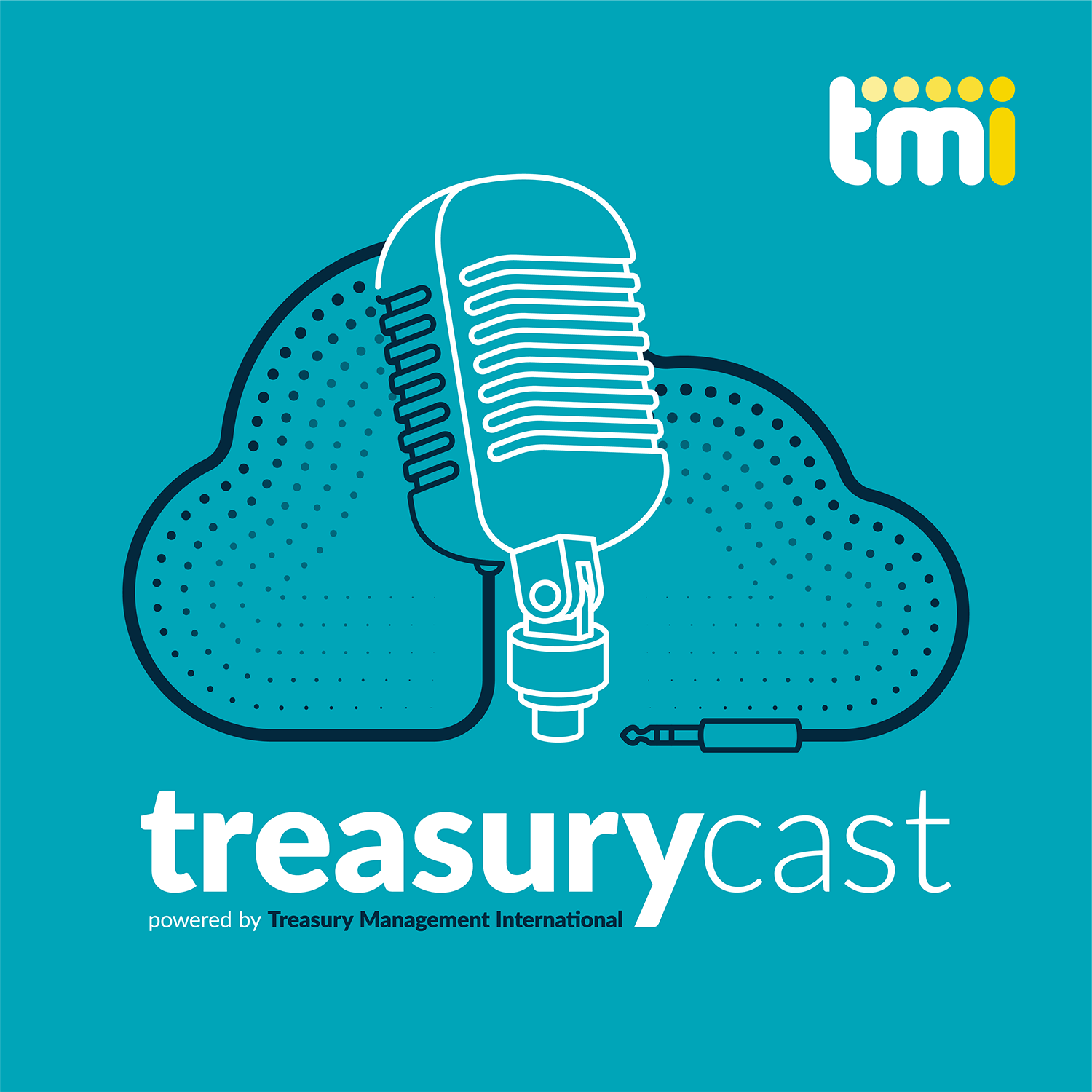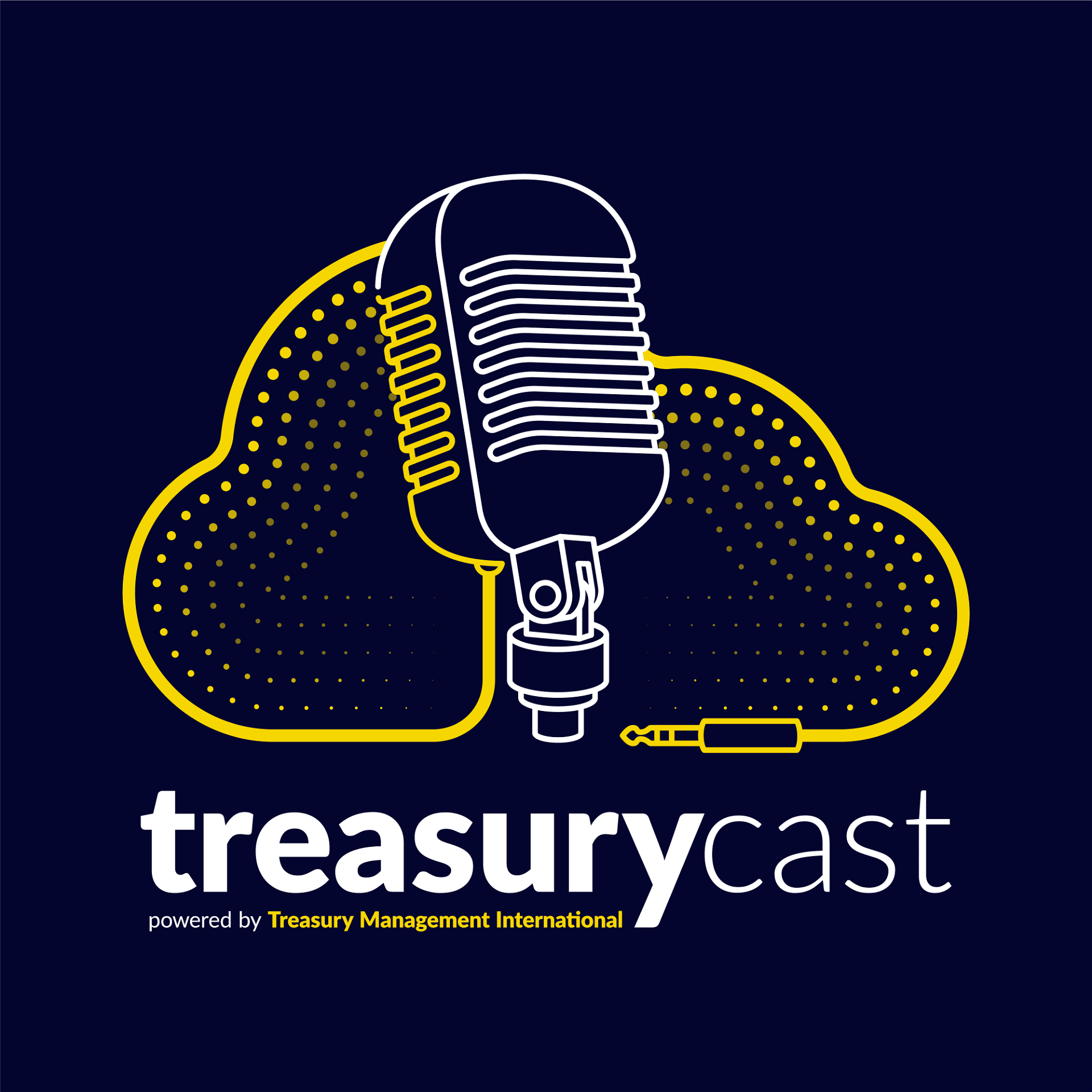One year on from the 2023 banking crisis, a new report from FX-as-a-Service pioneer, MillTechFX, has revealed that European corporates are still reliant on too few FX counterparties, leaving them at risk of serious short-term liquidity issues should a banking partner fail.
Learn more about the FX challenges facing European corporates as well as the risk hedging strategies and solutions they are implementing with regional breakdowns.
On average, European corporates have just 2.67 counterparties and only 0.4% have more than five. This is surprising given the banking crisis which ensnared one of Europe’s biggest banks, Credit Suisse, affected vital expenditures such as payroll and supplier invoices and highlighted the risks of having a small pool of counterparties.
However, the data suggests change is afoot with 77% exploring adding more FX counterparties. The second biggest operational challenge for European corporates when it comes to FX was onboarding liquidity providers, which may explain why the intention to diversify counterparties hasn’t translated into action yet.
The MillTechFX European Corporate CFO FX Report 2024, the latest instalment of the firm’s global research series, surveyed 250 senior finance decision makers in European businesses to provide insight into their FX resourcing, risk management and hedging strategies and views on trends such as automation and ESG.
Although FX volatility has decreased since peaking at the end of 2022, uncertainty remains and hedging is at the top of the priority list for European corporates with 67% hedging their forecastable risk. This is despite it getting more expensive with 59% of respondents stating that FX costs had risen in the past year, compared to just 5% who said they had decreased.
The average hedge ratio among European corporates was 40-49%, with 61% of businesses saying their ratios were higher than last year. Only 1% of respondents had lower hedging ratios. The average hedge length was 4.3 months. Looking ahead 43% of European corporates are increasing their hedge ratio and 32% are increasing their hedge window, while just 18% are decreasing their hedge ratio and 20% are decreasing their hedge window.
Other notable findings include:
- Reliance on manual processes draining resources – 34% of European corporates still instruct financial transactions via phone, and 24% still use email. They task nearly three people with FX-related activities and spend 2.25 days per week on FX.
- Automation drive – 78% of European corporates are exploring automating their FX operations, showing a potential shift away from cumbersome traditional FX processes. 89% of CFOs are exploring automation, suggesting this is a C-suite imperative.
- Lack of transparency – 59% suffer from a lack of transparency in the FX market. They are battling against hidden fees and struggle to get comparative quotes, making it difficult to know if they’re getting a good deal.
- ESG – 92% of European corporates take ESG credentials into account when selecting FX counterparties. Meanwhile, 44% said that counterparties must have strong ESG credentials.
Eric Huttman, CEO of MillTechFX commented: “After last year’s banking crisis sent shockwaves throughout the industry, it’s noteworthy to see European corporates are still relying on too few counterparties. The data does provide some optimism with the vast majority of corporates globally moving to expand their counterparty pools to both spread their risk but also to achieve best execution.
“Despite lower volatility and rising FX costs, it’s positive that European corporates are still prioritising hedging. With interest rate changes and geopolitical volatility expected in 2024, hedging currency risk is one of the primary ways that businesses can mitigate the risk posed by this uncertain financial climate. More are increasing their hedge ratio and window than reducing them, which indicates their risk-sensitive mindset for the year ahead.
“Looking to the future, the data suggests we can expect to see corporates across the globe prioritising the automation of manual processes which are draining resources, progressing on the ESG front and implementing strong risk management strategies to protect their business from counterparty risk and currency exposures.”





